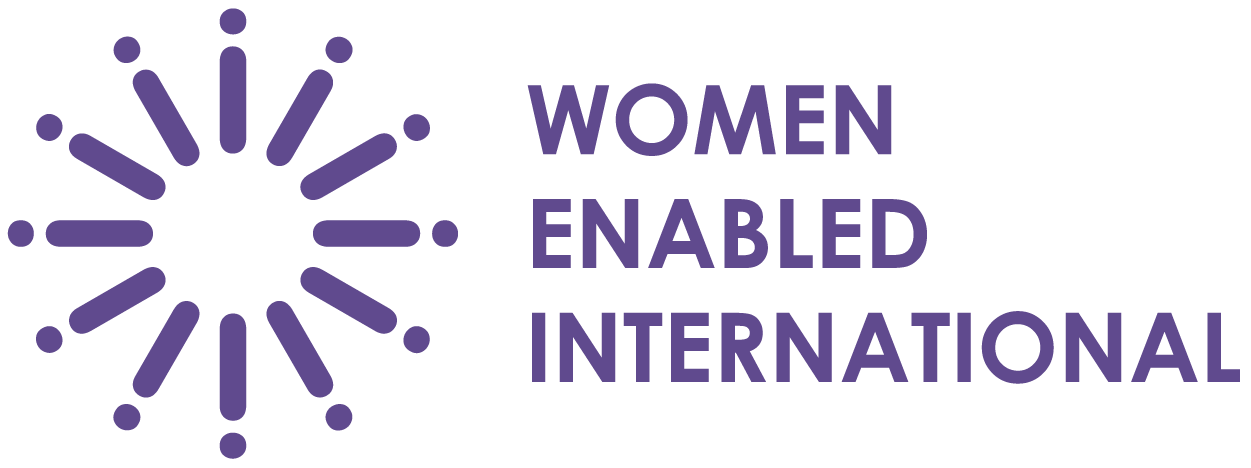Dear community,
I reach out because, after seven months leading Women Enabled International, I want to share with you my deep concerns about the challenges women, girls and gender-diverse people with disabilities experience in the world we live in now.
Humanitarian crises—conflict, climate change, rising authoritarianism, and public health emergencies—are proliferating around the globe. These crises disproportionately threaten the human rights of women, girls, and gender-diverse people with disabilities.
Women Enabled International (WEI) is accelerating our advocacy to address these threats and ensure the safety, security, and dignity of people living at the intersection of gender and disability.
You can play a vital role in addressing these challenges with us.
Please donate today to safeguard the human rights of all people in crisis situations.
Click Here to Donate
Together with our partners, WEI documents the dire consequences of conflict and humanitarian emergencies for our community worldwide, for example:
Climate Change: Many indigenous women and girls with disabilities in Nepal cannot access fresh food and are compelled to walk for hours to fetch water, negatively impacting their health and menstrual hygiene.
Violent Conflict: In Ukraine, people with disabilities are being abandoned instead of evacuated from war zones because aid groups lack the capacity to facilitate accessible transport and services.
Natural Disasters: In Puerto Rico, where 22% of women are women with disabilities, the U.S. government’s delayed response to Hurricane Maria left thousands without power, which had devastating consequences for people who rely on electricity for breathing or mobility.
COVID-19: Women, girls and gender-diverse people with disabilities worldwide experienced increased sexual and gender-based violence and barriers to accessing related support services, police, and justice mechanisms during pandemic lockdowns. Even now with those orders lifted, the coronavirus still threatens those at greater risk for serious illness and complications.
In crisis situations, governments have an obligation to take action to protect the rights of women, girls, and gender-diverse people with disabilities, particularly those who experience discrimination and marginalization on the basis of multiple and intersecting identities (race, ethnicity, caste, etc.)
WEI plays a critical role by amplifying the voices of the most impacted, partnering to connect local advocates and global decision-makers, and holding international agencies and states accountable for implementing inclusive and appropriate policies and protections.
Your contribution will support WEI’s development and dissemination of tools, trainings, and resources to equip those in humanitarian emergencies to assert their rights. You can support WEI and our partners’ powerful advocacy targeting laws, systems, and services towards more inclusive, accessible, and just responses.
Please join us by making a personal financial contribution – of any amount – to keep the focus on rights at risk in humanitarian crises.
Your support holds power accountable to ensure crisis preparedness, response, and recovery efforts are gender and disability inclusive.
I am incredibly proud of the work WEI is doing – which has never felt more urgent. I hope we can count on your support.
Gracias,
Maryangel

